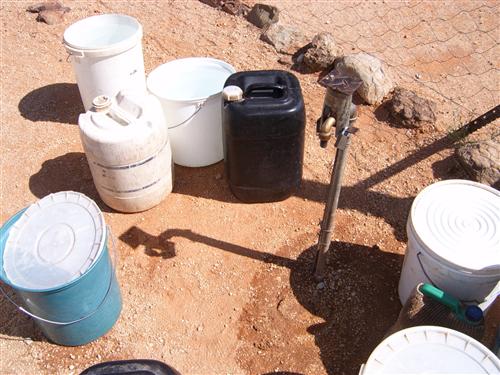The Millennium Ecosystem Assessment, released in 2005, is an international synthesis by over 1000 of the world's leading biological scientists that analyses the state of the Earth’s ecosystems and provides summaries and guidelines for decision-makers. It concludes that human activity is having a significant and escalating impact on the biodiversity of world ecosystems, reducing both their resilience and biocapacity. The report refers to natural systems as humanity's "life-support system", providing essential ecosystem services. The assessment measures 24 ecosystem services concluding that only four have shown improvement over the last 50 years, fifteen are in serious decline, and five are in a stable state overall, but under threat in some parts of the world.
Box: Results and Recommendations from the First 4-year Millennium Ecosystem Assessment.
In 2005 the MEA reached the following conclusions about the state of the world’s natural resources:
a) Issues
Ecosystem degradation is fast reaching dangerous new levels:
-
The past 50 years have experienced far more serious change to the world’s ecosystems than has ever been seen before. The process is accelerating as humanity’s need for resources grows exponentially
-
While ecosystem products and services that have increased human development have grown, there are others that have been severely damaged as a result. The damage to these services will have future repercussions
-
Degradation is a barrier to the achievement of the UN development goals. Plans to eradicate famine and disease worldwide cannot be accomplished as expected with such environmental damage occurring
-
There are possible changes which could resolve many of these problems and keep development on par with demand, but there is simply not enough effort being made to include such policies
The assessment demanded that changes be instituted firmly and quickly to ensure sustainable development. It was recognised that humanity has the power and ability to prevent damage to the planet. It is also recommended that it is the duty of humanity to reverse environmental degradation.
(b) Main Findings
Society has caused irreversible changes that are degrading the ecological processes that support life on Earth.
-
60% of world ecosystem services have been degraded
-
Of 24 evaluated ecosystems, 15 are being damaged
-
About a quarter of the Earth’s land surface is now cultivated
-
People now use between 40 percent and 50 percent of all available freshwater running off the land. Water withdrawals have doubled over the past 40 years
-
Over a quarter of all fish stocks are over-harvested
-
Since 1980, about 35% of mangroves have been lost
-
About 20% of corals were lost in just 20 years, 20% degraded
-
Nutrient pollution has led to eutrophication of waters and coastal dead zones
-
Species extinction rates are now 100-1 000 times above the background rate
(c) Some Recommendations
-
Remove subsidies to agriculture, fisheries and energy sources that harm the environment
-
Encourage landowners to manage property in ways that enhance the supply of ecosystem services, such as carbon storage, and the generation of fresh water
-
Protect more areas from development, especially in the oceans.
Source: Millennium Ecosystem Assessment 2005

Water is a vital natural resource that needs to be protected.
Source:DRFN 2004
( click to enlarge )
